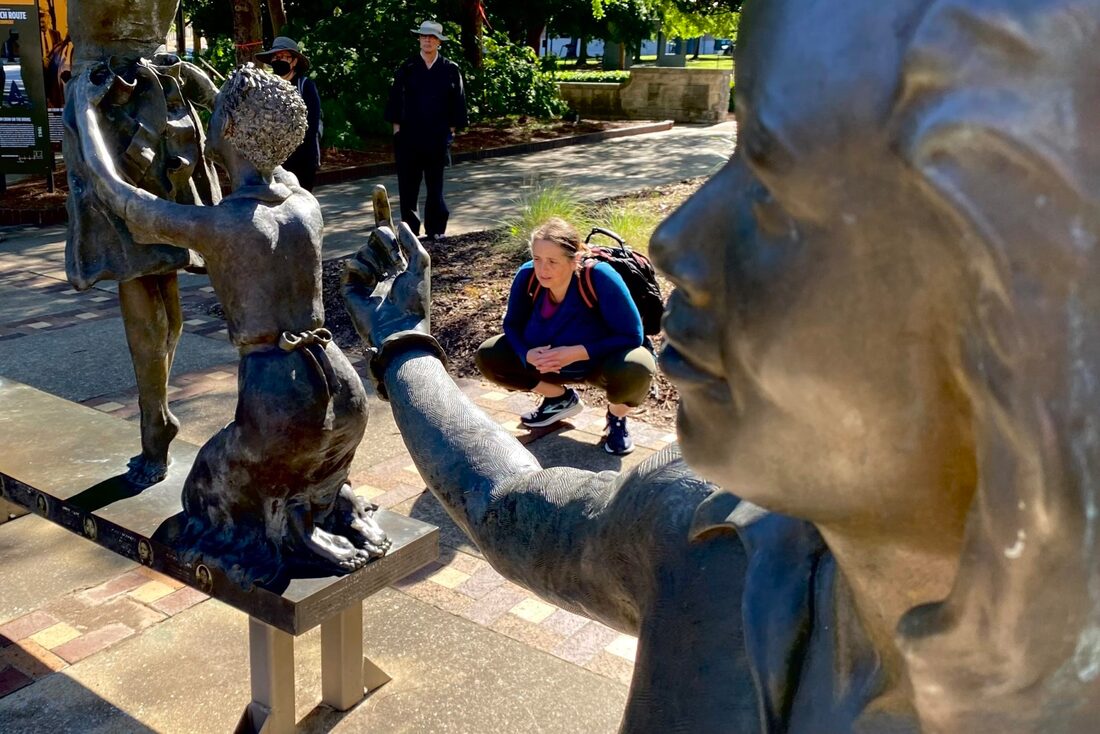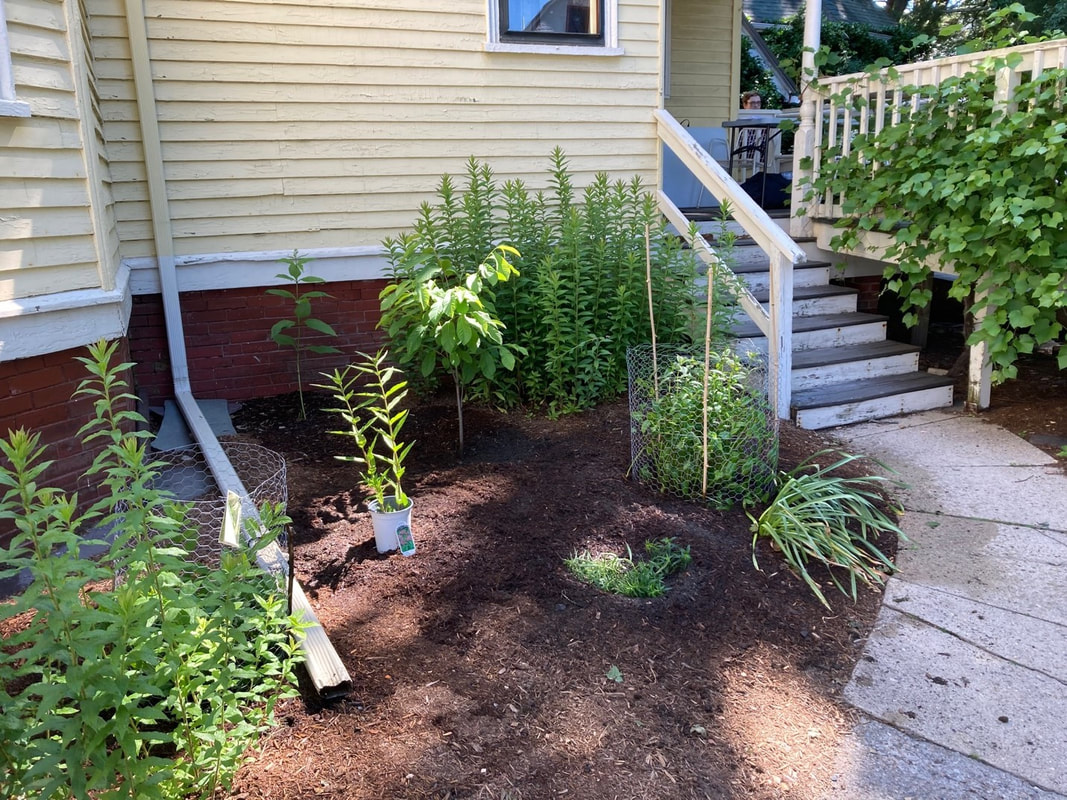A hunger in himself to be more serious,
And gravitating with it to this ground,
Which, he once heard, was proper to grow wise in,
If only that so many dead lie round.
None of this, though, affected my experience of the Yizkor service on Yom Kippur. We are invited to name the dead we are recalling, and we say a few words about them. They are our friends, parents, spouses, partners, teachers, students, public leaders and inspirers, even sometimes, alas, children. We put aside the liturgy and hear the voices of those present. Mourners tell stories – comic, heartfelt, poignant (a word that by its etymology means, appropriately, “piercing”). Affection is stated, but candor is possible, difficult relationships can be frankly recounted, the good parts of a difficult person clearly and lovingly recalled. And what we hear, telling these stories, are the voices of mourners – not, as so often, our voices together, but a voice by itself. (This particular year, when it was so hard to see people, and some of us were on Zoom and some of us were in the backyard, it was the voices in their variety and distinctiveness that also carried identity – “I know that voice,” I kept thinking, and rejoiced at the knowledge.) And when it was over, the we said kaddish together, I felt more serious (not more gloomy), more reflective, more deeply connected to all other mourners, more aware of how varied we are, and at the same time of what we have in common: our mortality, the mortality of those we love and are bound to, the power to mourn and to comfort and be comforted. I felt that this place of mourning was, in Larkin’s word, a place “proper to grow wise in, / If only that so many dead lie round.”


 RSS Feed
RSS Feed